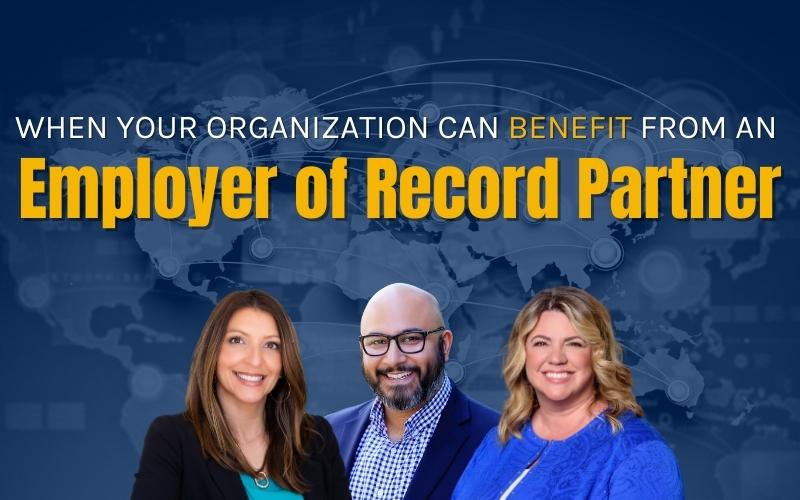Business

Businesses everywhere are still grappling with tremendous change, as pandemic aftershocks continue to roll through the global economy. Although most Covid-era restrictions are behind us, organizations large and small are still dealing with significant people-related issues. Workforce capacity planning is just one piece of this complex, multi-faceted puzzle. But if you’re an employer, rightsizing your workforce…
Read the full story
Building a team is not as simple as it once was. A business used to set out to hire a cohort of steadfast, full-time employees. Today, what constitutes a team can vary widely from business to business. Teams can change day by day, with temporary, contract, and freelance workers taking up shorter-term roles and collaborating…
Read the full story
Now that digital nomads are predicted to make up a third of the world’s workforce by 2035, it’s time for staffing and HR professionals to understand this trend. Almost 17 million workers in the US would use this label to describe themselves, according to reporting from Forbes. What exactly does the lifestyle offer them, and where is the digital…
Read the full story
We’ve all experienced awkward situations where the watercooler conversation reveals the potential implications of a company decision we (somehow) never heard about. Few things trigger as much self-doubt as learning that you’re unfamiliar with something your peers treat as common knowledge — especially when lacking that knowledge might stall your career. This is where being…
Read the full story
With a possible recession in the air and the rising cost of living wreaking havoc for just about everybody, companies have a lot on their plates today. It’s no wonder that decision makers are looking for any opportunity to save costs and draw out inefficiencies from their processes. How Should Businesses Cut Costs When…
Read the full story
Since the onset of the COVID-19 pandemic and its subsequent lockdown orders, millions of jobs have become at least partially remote. From 2021 to 2022, in fact, the number of employees who chose to work remotely rose by 24%. What’s more, more than 60% of companies implemented some form of flexible work. Because work-from-home jobs…
Read the full story
Talent is often one of the most important assets to a business. It’s something the majority of companies can agree upon. As such, they take diligent measures to offer competitive pay, including solid benefits plans, and great work environments — not to mention positive employee experiences. But with a fluid market and changing economy, proper planning…
Read the full story
Compensation is a key consideration for most job seekers, but it can be challenging for organizations to compete in that area. If you simply meet the market when it comes to salary, your pay might not appear competitive to top talent. Read our latest article for SHRM to learn strategies for reassessing and communicating your…
Read the full story
Inside the American Rescue Plan Act is a tax change set to impact the gig economy in a huge way. Though originally set to begin for the 2022 tax year, the IRS granted gig workers a 12-month reprieve. Come tax season 2024, however, the proposed change will lower the reporting threshold for taxpayers issued a…
Read the full story
When looking for help with employment and compliance tasks for remote or contingent workers, businesses don’t always know what an employer of record provider can do for them. It’s not just payroll processing - an employer of record (EOR) can help in many more ways. And it’s especially useful for expanding businesses or those needing…
Read the full story


